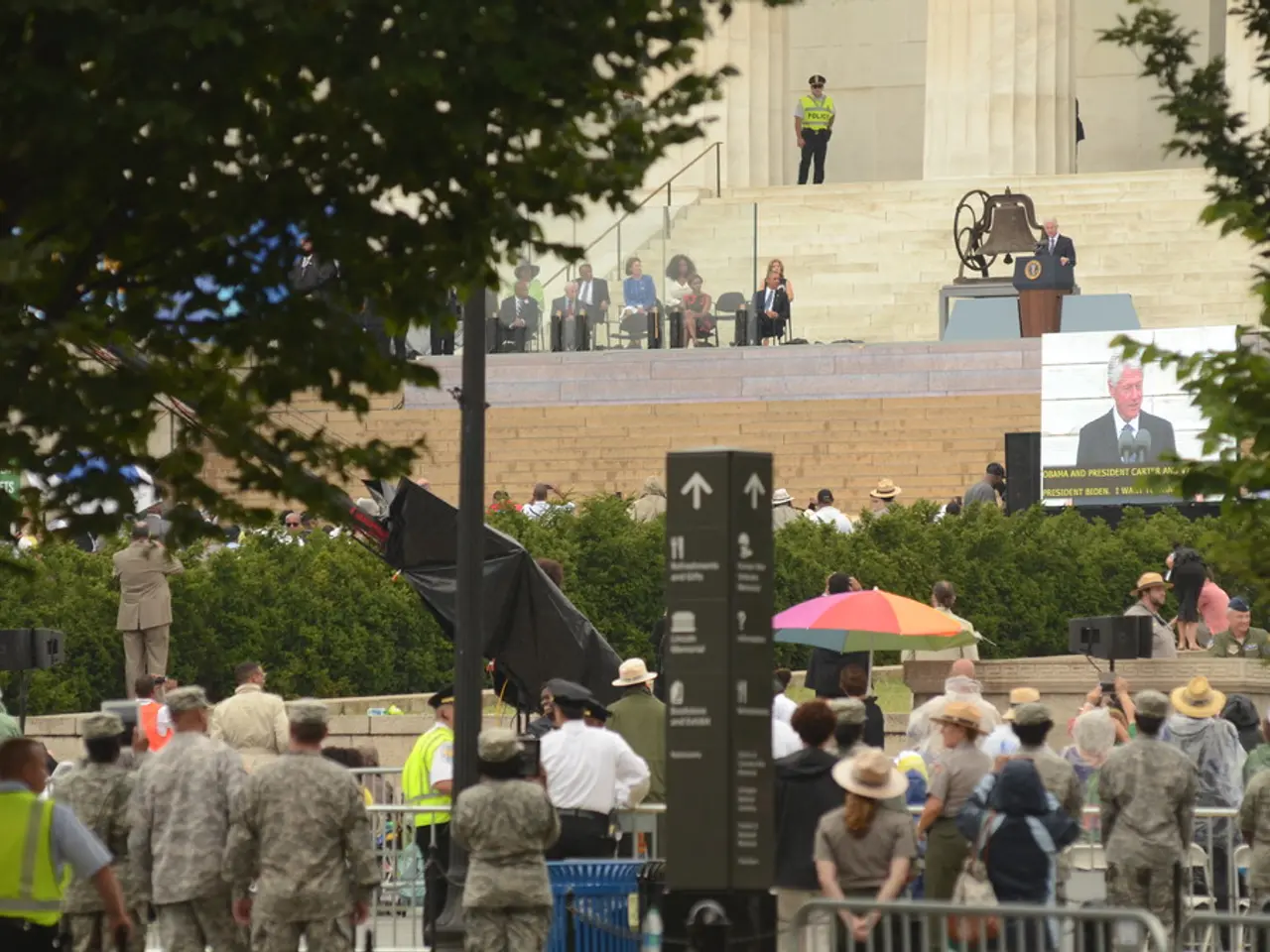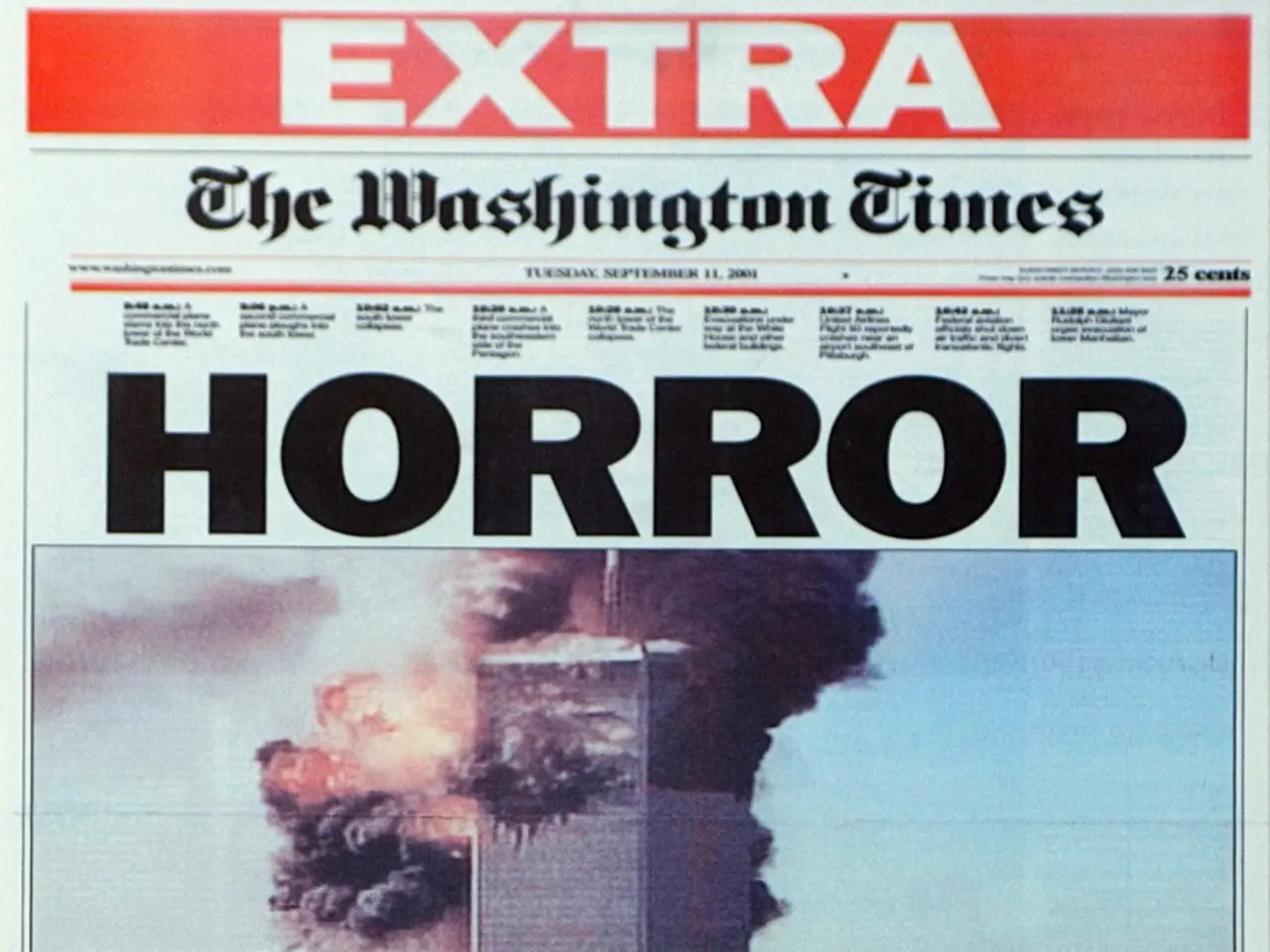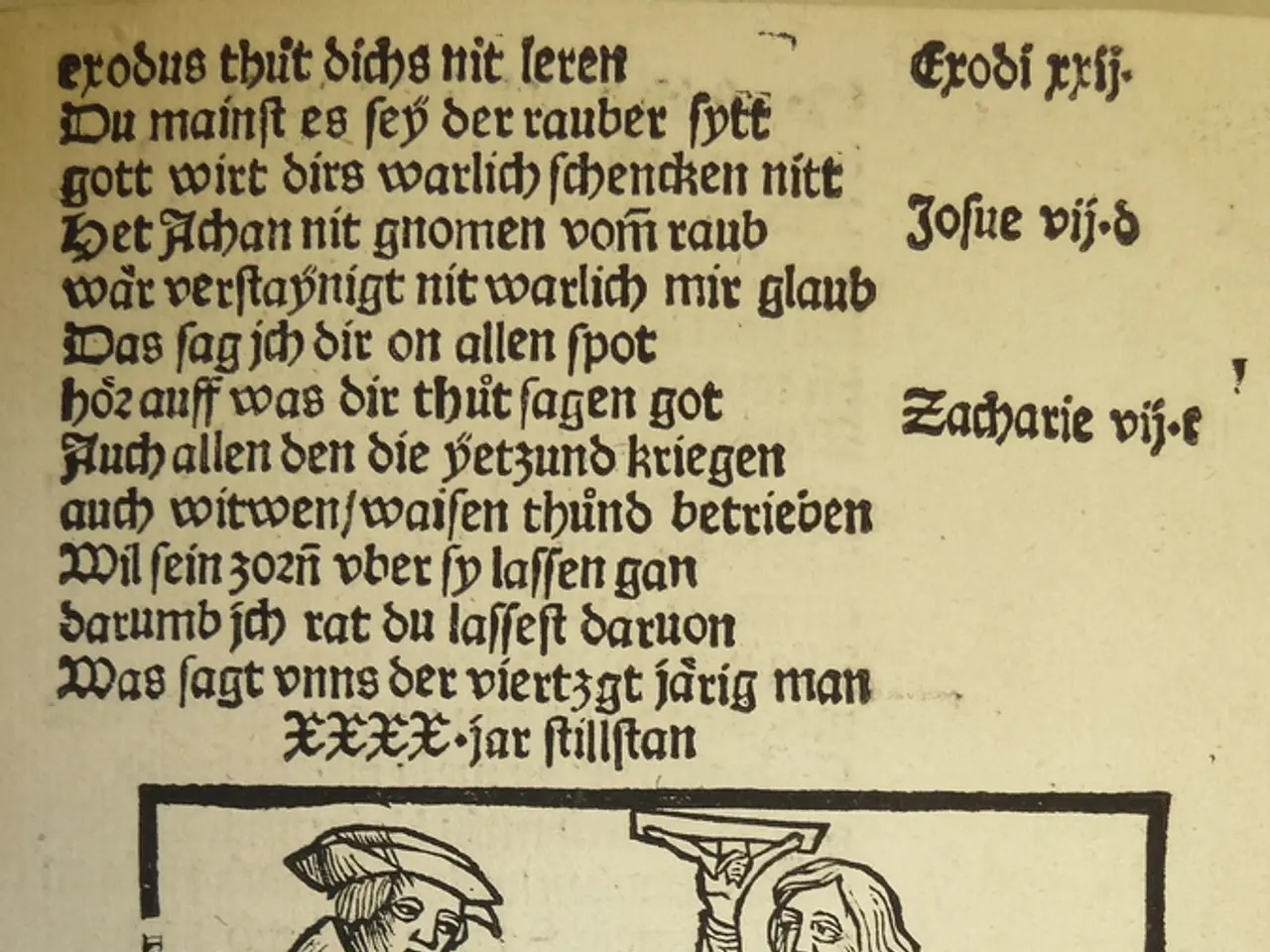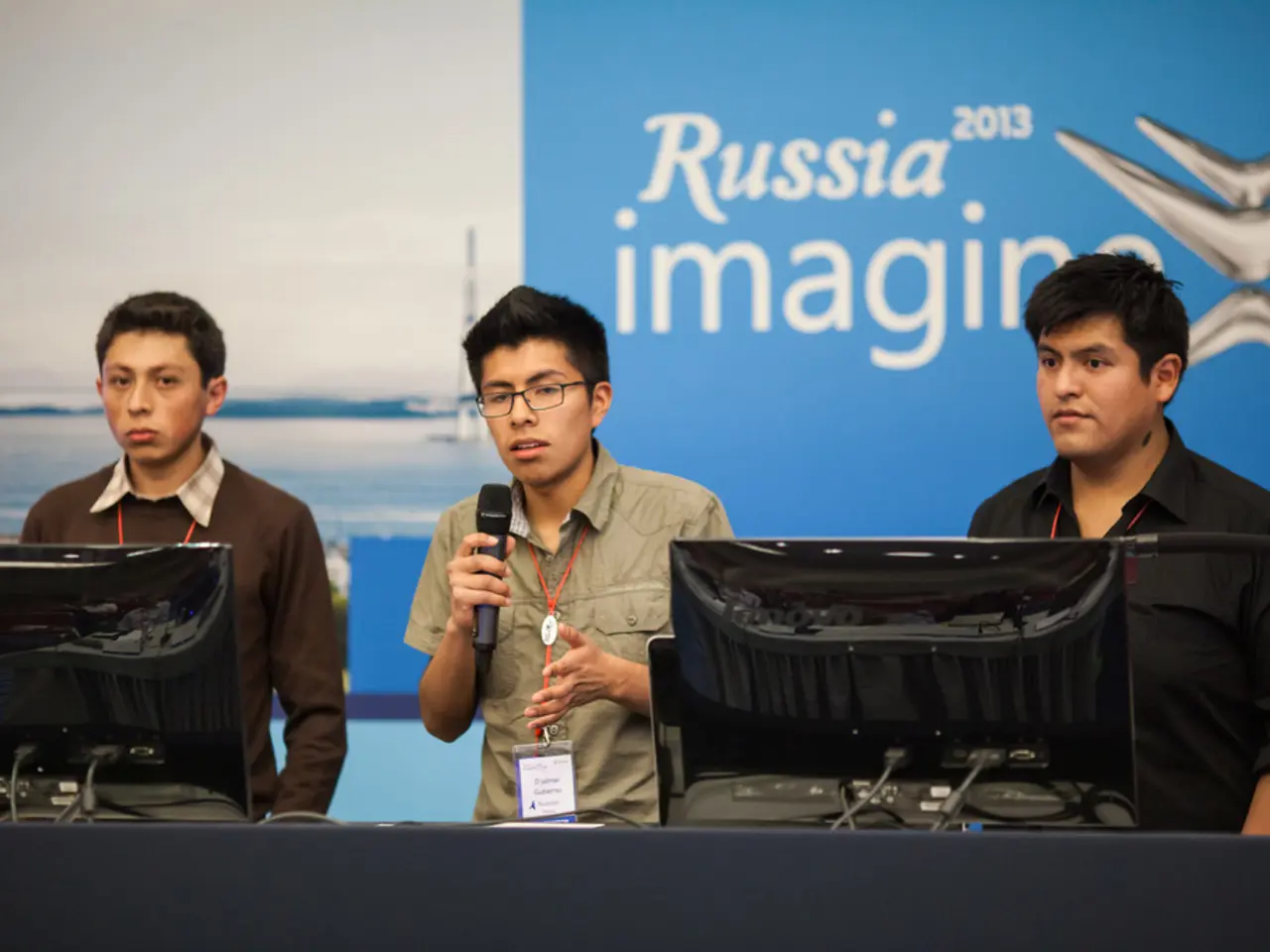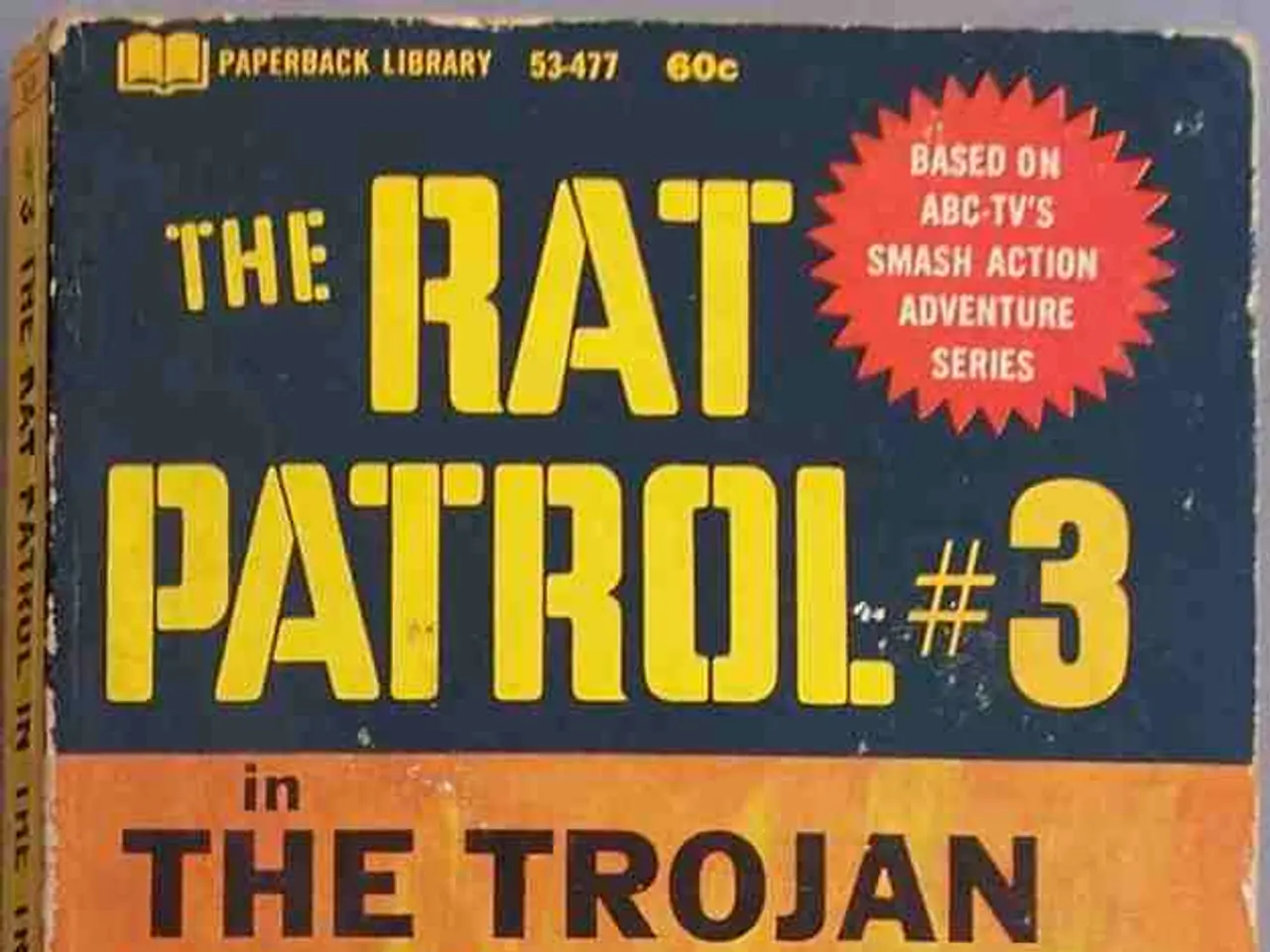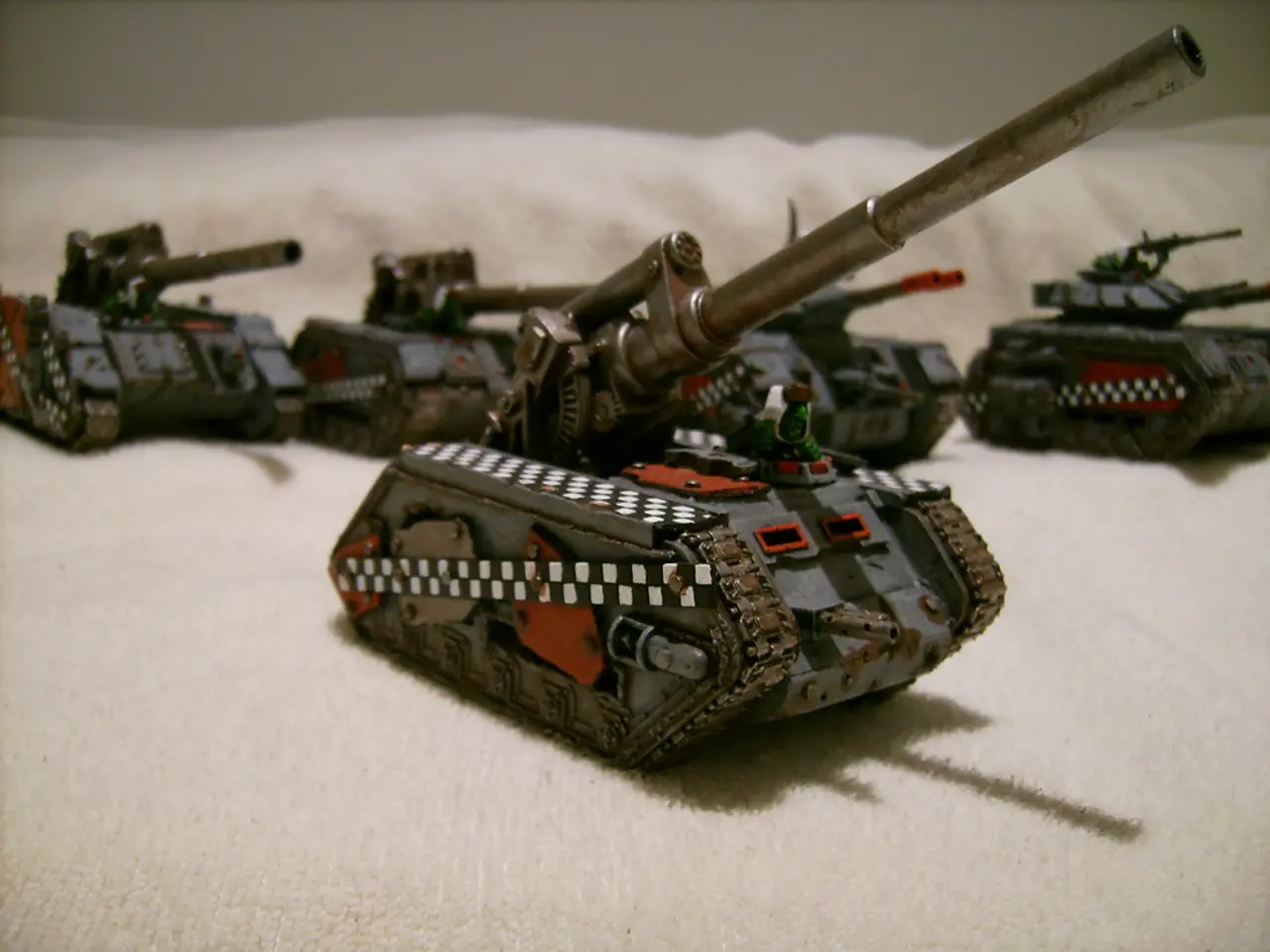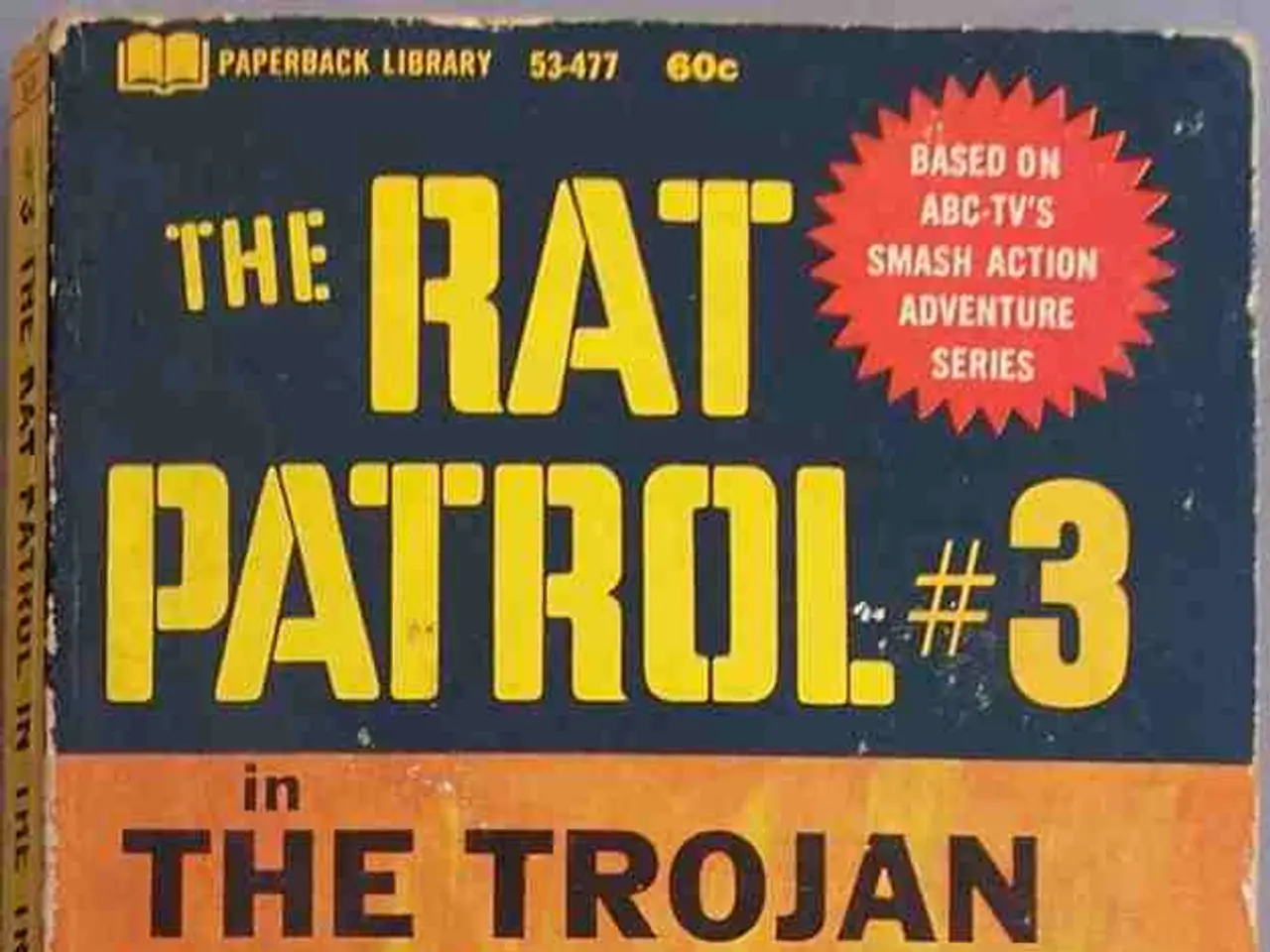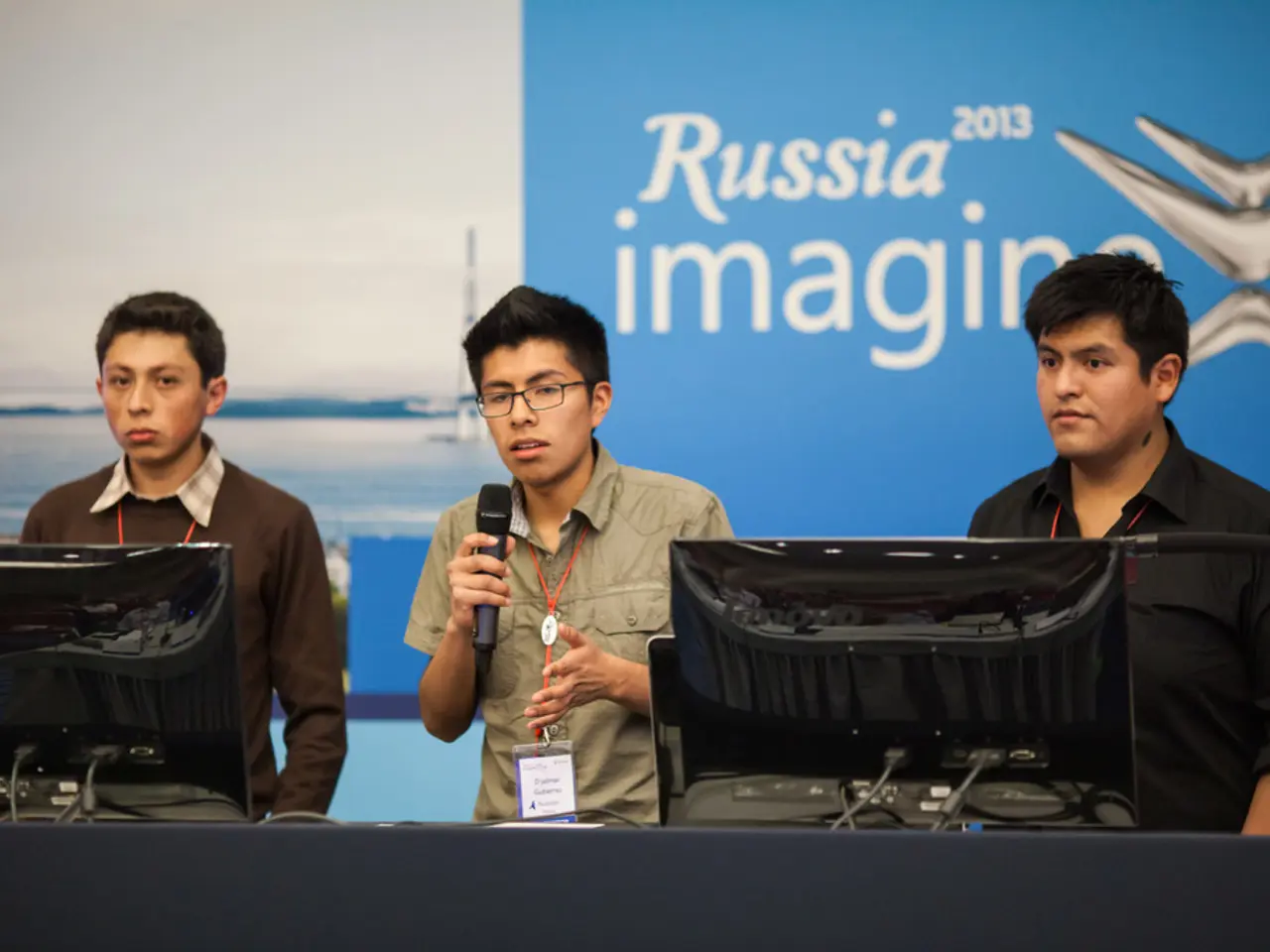Escalation of Tensions - Nuclear Inspectors Depart from Iran
In a dramatic turn of events, Iran and Israel have agreed to a ceasefire last week, marking the end of a 12-day war that was mediated by the USA. However, the current state of affairs regarding the resumption of International Atomic Energy Agency (IAEA) inspection activities in Iran is complex and fraught with challenges.
The IAEA has emphasized that safeguards inspections in Iran will continue as required by Iran's Non-Proliferation Treaty (NPT) Safeguards Agreement. Yet, these inspections can only recommence when safety and security conditions allow. The recent attacks on Iranian nuclear facilities have significantly degraded nuclear safety and security, posing a risk of radiological releases.
Despite the reduced number of IAEA staff due to security concerns, the agency remains present in Iran and is ready to be deployed at nuclear sites when conditions permit. However, cooperation with the IAEA will remain suspended until the security of these facilities is guaranteed. Ultra-conservative MP Amir-Hussein Sabeti has even demanded the expulsion of the remaining IAEA inspectors from Iran.
Iran’s compliance with the Joint Comprehensive Plan of Action (JCPOA) and its NPT Safeguards Agreement remains a significant concern. The IAEA’s ability to monitor Iran's nuclear program is diminished due to unresolved safeguards issues and Iran's refusal to address them. There is an urgent need to place IAEA inspections at the heart of relations with Iran to ensure that Iran's nuclear activities do not lead to weaponization. This includes enhanced monitoring to detect any diversion of nuclear materials to undeclared facilities.
Reports suggest possible new negotiations between Washington and Tehran on the nuclear program. Preparations are underway for a meeting between Iranian Foreign Minister Abbas Araghtschi and US special envoy Steve Witkoff next week in Oslo. It is unclear whether the Gulf state of Oman will act as a mediator in the potential negotiations as before.
Before the war, IAEA chief Grossi had warned that attacks on nuclear facilities could push the Iranian leadership to build atomic bombs. The USA attacked three main nuclear facilities in Iran with bunker-busting bombs during the war, a move officially justified by the threat posed by Iran's controversial nuclear program. Western governments fear that Tehran is seeking to acquire nuclear weapons, a claim denied by Iran.
The conflict between Iran and the IAEA is escalating, with members of the Iranian parliament calling for the expulsion of IAEA inspectors. The IAEA, however, urges the resumption of inspection activities in Iran to ensure the peaceful nature of Iran's nuclear program. The exact date for the meeting between Iranian and US officials is not yet known, but it is hoped that this dialogue will lead to a resolution that allows for the safe and effective resumption of IAEA inspections in Iran.
The IAEA's call for the resumption of safeguards inspections in Iran is crucial, given the ongoing concerns about the peaceful nature of Iran's nuclear program. Meanwhile, the escalating conflict between Iran and the IAEA, with Iranian parliament members demanding the expulsion of inspectors, underscores the complexity of this political issue in the realm of general-news.
